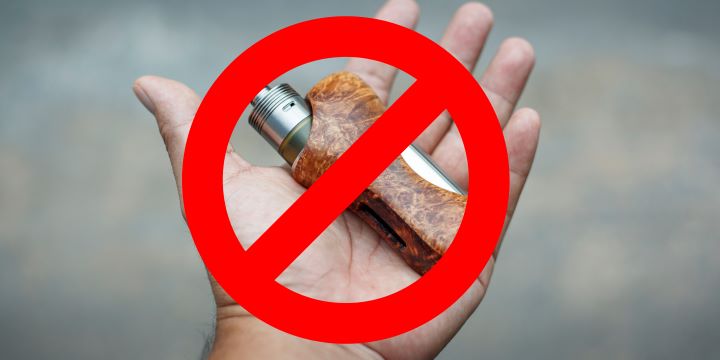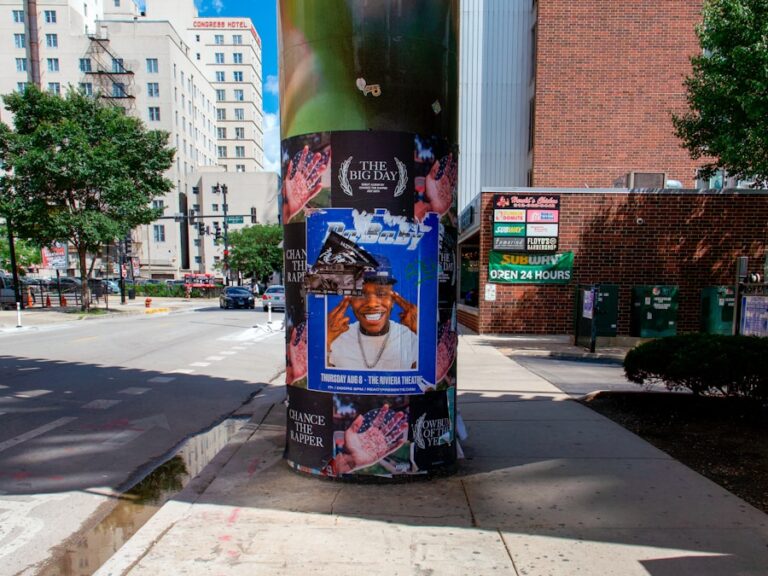California Vape Ban – What You Need to Know

Chocolate, cotton candy, and menthol are among the many flavors now illegal to sell in California vape pens. The ban also applies to the popular disposable flavored nicotine vapes, such as Juul pods. The tobacco industry has spent millions to fight the statewide ban. But even cities that already had bans in place need help to enforce them.
Legality
The use of vapor products is prohibited in many public spaces, including restaurants and bars. It is also illegal in some workplaces. The state requires all retailers selling tobacco and vaping products to obtain a license, usually displayed prominently in their stores. Additionally, e-cigarettes and other vapor devices are prohibited in multi-unit dwellings in California. Before the flavored vape ban in California was enacted, several cities and counties prohibited flavored vaping products, some of which went further than the state regulation. For example, the City of Sacramento banned flavored vapes in 2020, and Sacramento County followed suit with its ban this year. The idea is to reduce the appeal of flavored products for young people, which are marketed as a fun alternative to traditional smoking. Research has shown that flavored vapes are a significant driver of youth tobacco and vaping uptake. However, the statewide ban doesn’t prevent consumers from purchasing flavored products online. A recent study by researchers at the Herbert Wertheim School of Public Health and Human Longevity Science found that weekly Google searches related to buying flavored tobacco or vaping products increased after the ban took effect. This suggests that e-commerce retailers are violating the statewide ban. The researchers recommend strengthening existing regulations to include e-commerce retailers in the scope of retailer licensing programs and monitoring whether they comply with California’s new laws.
Safety
The e-cigarette industry is under increasing scrutiny. The FDA recently classified vapor products as tobacco products, making them subject to state tax laws and anti-smoking regulations. In addition, the agency has declined to approve flavored vaping products. The move is an effort to prevent vaping from becoming a gateway drug for underage smokers. In California, where the vapor industry has its headquarters, local cities are cracking down on retailers that sell flavored tobacco and vaping products. The city of Sacramento conducts compliance inspections twice a year at its nearly 400 tobacco retailers. It is enforcing the ban by giving businesses a 30-day suspension for their first violation, 90 days for their second, and a revocation of their license after three violations. A state law 2022 banned the sale of flavored tobacco and vapor products in brick-and-mortar stores. The law applies to all e-cigarettes that contain nicotine or another vaporized substance, menthol cigarettes, flavored small cigars and cigarillos, flavored smokeless tobacco products, and flavored shisha tobacco. However, online sales are unaffected by the new law. Nevertheless, reputable online retailers have strict age verification policies and are careful not to sell to minors.
Requirements
California’s voters overwhelmingly approved a ban on flavored vapes and menthol cigarettes, joining a handful of states and cities that leapfrogged the FDA and banned the products before they could be regulated. The move will send a strong message to the federal government of the Campaign for Tobacco-Free Kids. The state’s new laws include:
- Raising the age for buying tobacco products from 18 to 21.
- Requiring retailers to register their products.
- Imposing child-resistant packaging requirements.
The new laws also classify vapor products and their accessories as tobacco products, meaning that they will be banned in many public places like workplaces, restaurants, and bars. In addition to the new restrictions, the state has a long list of prohibited activities for people who want to use electronic cigarette products or vape. The law also prohibits smoking and throwing cigarette butts on state-owned public lands, including beaches and parks. It also requires schools, county offices of education, and charter schools to adopt policies to prevent the use of flavored vapes on school property or while attending school-sponsored activities.
Cost
In an attempt to address the teen vaping epidemic, many states are banning flavored nicotine vapor products. The goal is to reduce access to these lower-risk tobacco alternatives, which are 95% safer than smoking and more effective at helping people quit smoking or cut back. However, these efforts may not be as effective as they hope. A recent study found that most teenagers still prefer the flavored products that are now unavailable. Many teens said they would find a way to get the banned products, even though their use is illegal under state law. Despite the claims of prohibition advocates, these bans are unlikely to save lives. They are likely to push people toward black market options, which could be dangerous or deadly. Moreover, they will also increase smoking rates by driving people away from less harmful alternatives. The supporters of the California flavor ban were so focused on portraying themselves as righteous protectors of children that they failed to consider these risks. The ban on flavored vapes will affect millions of people in California. Some will turn to the black market, while others will switch to menthol cigarettes. The FDA recognizes that e-cigarettes are significantly less risky than conventional tobacco products, but it seems determined to ban flavors that appeal to teenagers. This will undermine the effectiveness of these lifesaving products.












